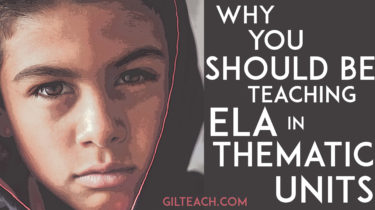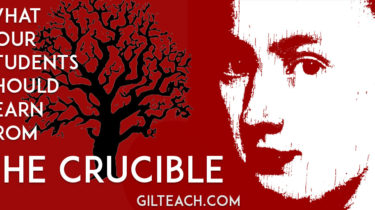6 Reasons Why Your Students Need Close Reading
When I think about my goals as a teacher, I think about how I want to empower my students to go out into the world and think for themselves. Creating independent, confident, life-long learners who aren’t afraid to try to new things is really the ultimate dream. But figuring out how best to spend the limited time that I have in class in order to achieve those dreams is not always easy. I have found, over the years, that teaching
Read more



